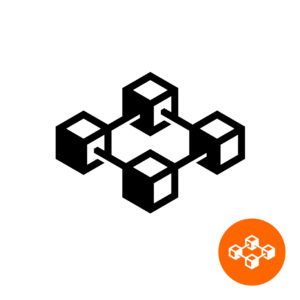By: Brent E. Johnson

We have blogged in the past about laws relating to disclosure of modern slavery and child labor in supply chains. Developing robust compliance and transparency management systems is challenging as modern slavery and child labor flourish in the dark corners of supply chains – in nations that are least developed, that lack stable governments, and where large populations are on the move – fleeing war or poverty. It is in these places where traffickers can exploit vulnerable migrants. The most recent estimates of the scope of the problem are staggering: 40 million adults are currently in some form of slavery and 152 million children are in child labor. The profits from modern slavery are estimated at $150 billion per year.
Some companies are turning to block chain technology to help solve these supply chain issues, i.e. the technology that is used to authenticate cryptocurrency transactions. This same technology is now being utilized to check all the links in a diverse and global supply chain. IBM has created its Food Trust network, and after 18 months of testing, it’s blockchain-based food traceability platform is now live for global use by retailers, wholesalers and suppliers across the food ecosystem. The Company is working with major food retailers and producers Nestle, Kroger, Tyson Foods, and Unilever. Another major player in blockchain systems (Provenance) has developed a blockchain tool to track the supply chain of fisheries – combatting illegal fishing.
Technologists are hopeful that using blockchain in the battle to end modern slavery could prove as successful as it has in managing cryptocurrency. For example, the blockchain would allow a unique data identifier to be linked to individuals making that individual visible and traceable, that “smart contracts” could create a transparent (and unalterable) record of wages, hours, and that even payment could be made through digital wallets – so that payments at any level could be tracked and traced.
While to many “blockchain” is an unknown quantity, over time it may become as ubiquitous as the internet itself. Just as the connected web has opened the world, the blockchain has the potential to transform global supply chains – shining light into the far corners where human traffickers and unscrupulous middlemen operate.
